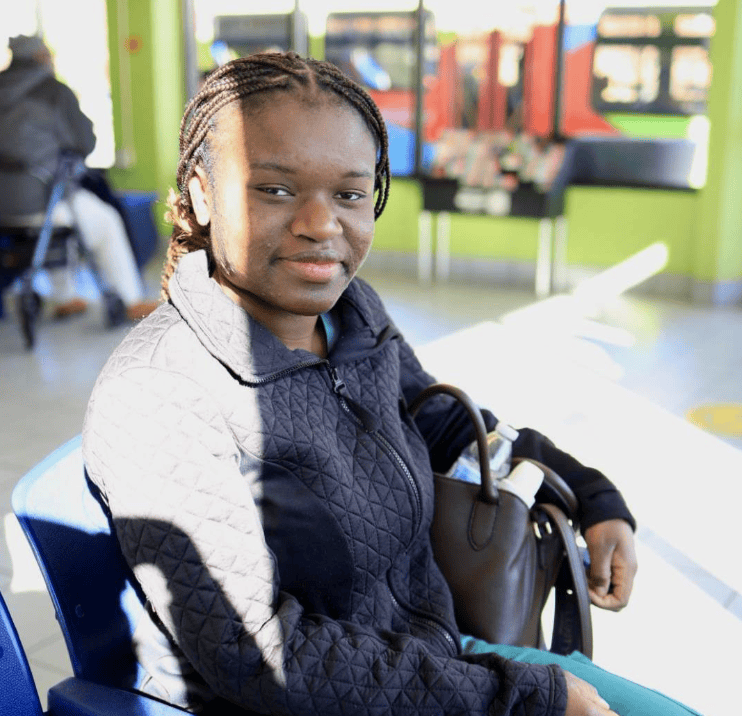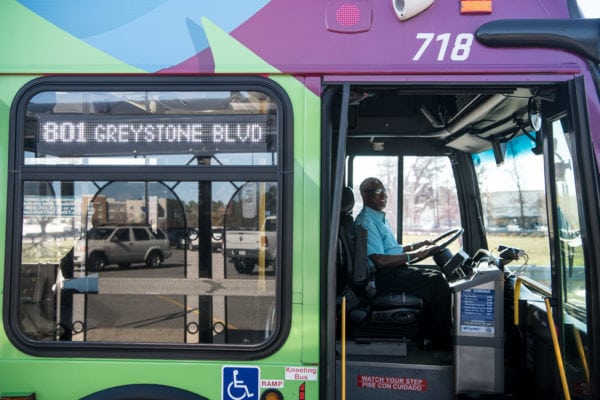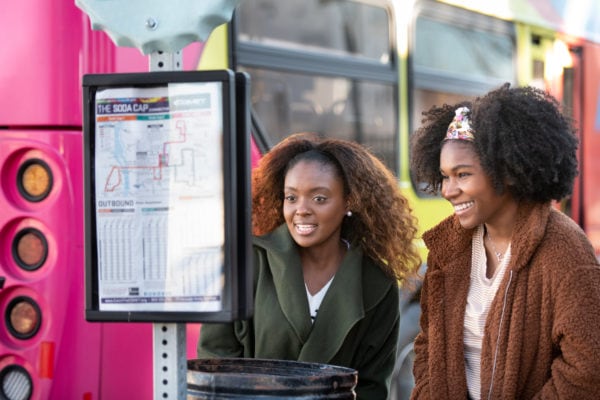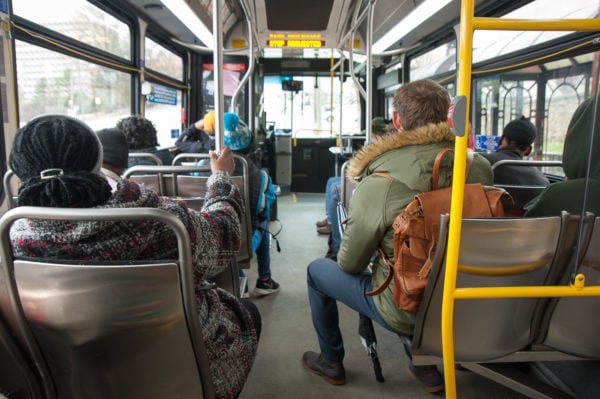Richland County Penny Tax
Look how far a third of a penny has carried us
Richland County’s penny tax has been instrumental in The COMET's success, allowing The COMET to expand many of its services and its overall impact across the Midlands.
So, what exactly is the Richland County Penny Tax?
In 2012, Richland County residents voted to approve a referendum for the Transportation Penny Tax Program (or Richland County Penny Tax), which uses a 1 percent sales tax to support much-needed projects throughout the county. Since the approval, the Richland County Penny Tax has been used to complete more than 500 projects to benefit the residents of Richland County. The Penny Tax is used to fund three different areas:
The COMET
Roadway improvements
Bikeways, pedestrian improvements & greenways
The Penny Tax has allotted The COMET one-third of the penny tax revenue to make numerous, much-needed improvements to transportation in the Midlands.
Over the last 12 years The COMET has leveraged
one-third of a penny to:
Increase the number of available routes from 18 to 47.
Increase the number of vehicles in its fleet from 68 to 97.
Increase passenger rides to more than
2.1 million a year.
2.1 million a year.
Increase miles traveled by 41%.
Increase the number
of bus shelters from
0 to 160 to protect
riders from the elements.
of bus shelters from
0 to 160 to protect
riders from the elements.
Increase the number of bus benches from 15 to 129.
Increase on-time-performance from 42% to 80%.
Expanded Services
The COMET has adapted to what its riders need by providing innovative transportation services such as:
Dial-A-Ride Transit (DART)
A paratransit service for seniors and persons with disabilities unable to ride the fixed route COMET buses or access a transit stop for any trip purpose. DART ridership increased from 13 vehicles with 59,150 trips, to 23 vehicles with 89,619 trips.
A paratransit service for seniors and persons with disabilities unable to ride the fixed route COMET buses or access a transit stop for any trip purpose. DART ridership increased from 13 vehicles with 59,150 trips, to 23 vehicles with 89,619 trips.
Learn More
Vanpool
Designed to assist employees in forming shared rides or vanpools for the home-to-work commute.
Designed to assist employees in forming shared rides or vanpools for the home-to-work commute.
Learn More
The Soda Cap Connector
A downtown shuttle intended for tourists and locals to hop from district to district in the heart of Columbia at only $1 per ride.
A downtown shuttle intended for tourists and locals to hop from district to district in the heart of Columbia at only $1 per ride.
Learn More
Our Impact
The COMET has worked diligently to build on its positive impact in Richland County via the following initiatives:

The COMET and Crises
The COMET has supported riders in the Midlands in crisis and in calm. During the COVID-19 pandemic, free transportation was provided to people who needed to get their vaccines. Late-night service subsidies were given to Richland County residents through a partnership with Lyft, as well as transportation to people living in food deserts. Additionally, meals were delivered to seniors in the area in collaboration with local social service organization Senior Resources.
The COMET has supported riders in the Midlands in crisis and in calm. During the COVID-19 pandemic, free transportation was provided to people who needed to get their vaccines. Late-night service subsidies were given to Richland County residents through a partnership with Lyft, as well as transportation to people living in food deserts. Additionally, meals were delivered to seniors in the area in collaboration with local social service organization Senior Resources.

The COMET and Education
The future of those in the Midlands is extremely important to The COMET, which is why The COMET has partnered with numerous Richland County-area schools and school districts. Students, staff and faculty from Allen University, Benedict College, Columbia College, Midlands Technical College, as well as school districts Richland 1, Richland 2 and Richland-Lexington 5, can ride for free by just showing their school identification. The COMET also operates USC Transit, which allows students, faculty and staff of the University of South Carolina to ride the campus-wide system free of charge by showing their school identification.
The future of those in the Midlands is extremely important to The COMET, which is why The COMET has partnered with numerous Richland County-area schools and school districts. Students, staff and faculty from Allen University, Benedict College, Columbia College, Midlands Technical College, as well as school districts Richland 1, Richland 2 and Richland-Lexington 5, can ride for free by just showing their school identification. The COMET also operates USC Transit, which allows students, faculty and staff of the University of South Carolina to ride the campus-wide system free of charge by showing their school identification.

The COMET and Businesses
The COMET also built partnerships with area businesses (McEntire Produce) and major hospitals (Lexington Medical Center, Medical University of South Carolina, Prisma Health and U.S. Department of Veterans Affairs) which allows their employees to ride our system free of charge by showing their work identification.
The COMET also built partnerships with area businesses (McEntire Produce) and major hospitals (Lexington Medical Center, Medical University of South Carolina, Prisma Health and U.S. Department of Veterans Affairs) which allows their employees to ride our system free of charge by showing their work identification.



